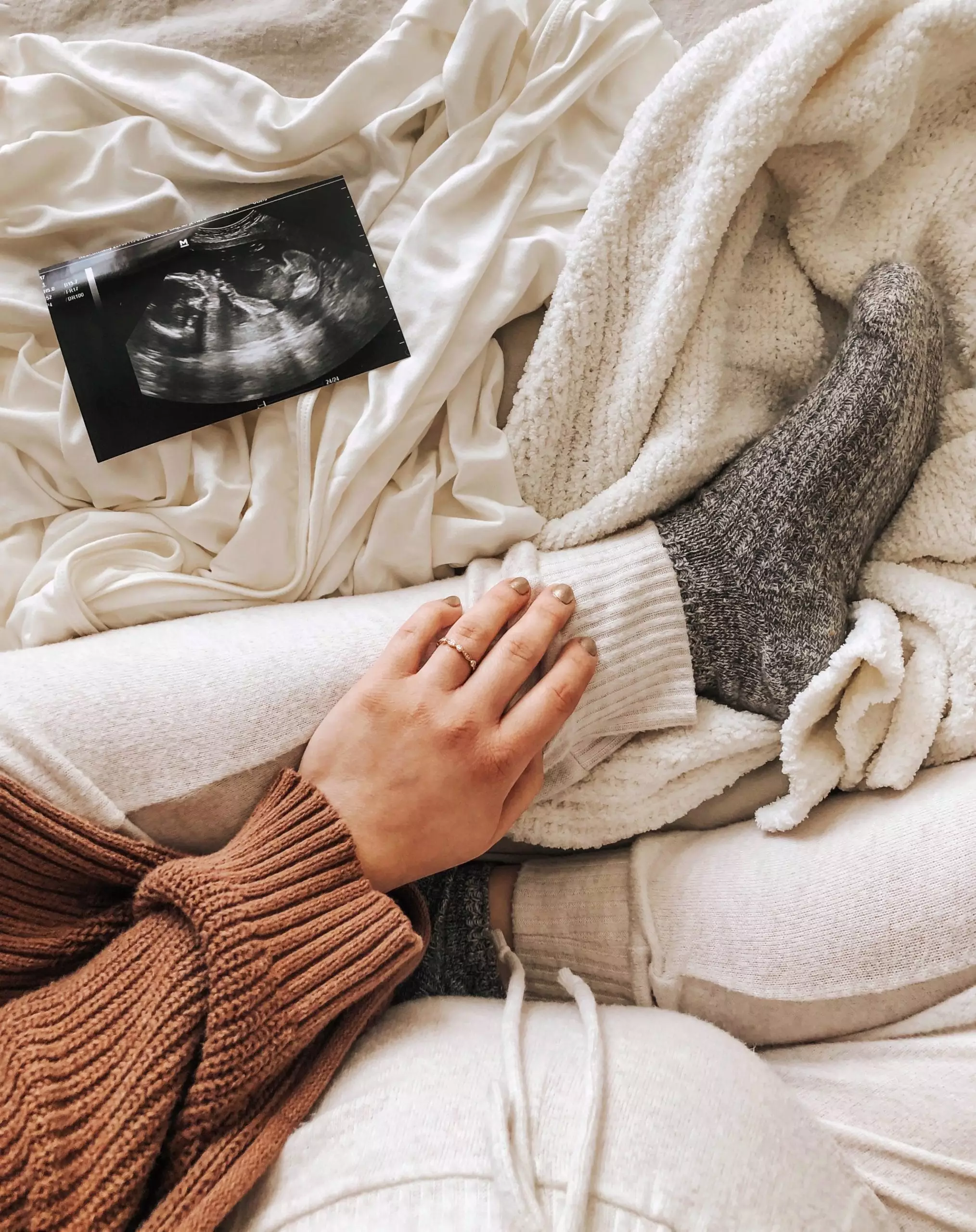Two weeks shy of my 42nd birthday, I encountered a moment that would pivot the course of my life. One crisp, sunny afternoon, I found myself meandering to my local store—Target, a seemingly innocuous destination—where I made a decision that echoed memories from over a decade ago. I purchased a pregnancy test, marking the first attempt in 11 long years. For three years, hopes hung in the balance, consistently thwarted by the untimely arrival of my period—a stark reminder of lost dreams and unfulfilled plans. However, this time, as the test results illuminated the room with a vibrant positive, joy collided with caution.
While the initial thrill of potential life surged through us, lurking in the back of our minds was an overwhelming sense of vulnerability. Tragically, at 13 weeks, I faced the harrowing reality of miscarriage. A year after that devastating event, fate surprised us once again with another pregnancy, just before I turned 43. This unexpected news felt like pure magic—a treasure wrapped in ambivalence. The blend of excitement and uncertainty overshadowed the joy as I grappled with an emotional rollercoaster that only those who have experienced similar losses could comprehend.
Anticipating this new life was fraught with reminders of the child I had lost. Daily, I battled the duality of emotions that simply didn’t allow way for complete joy. Misguided literature around pregnancy following a loss suggested this journey might dissolve past pain; yet, reality often contradicted that narrative. As the weeks progressed, I found myself grappling with unrelenting thoughts about the milestones that would have marked my previous child’s growth—an internal conflict that felt, at times, unbearable.
I oscillated wildly between hope and despair, eager to embrace the future and simultaneously mourning what might have been. The cyclical grief manifested in various ways; I could easily transform from a state of longing and ambition to one of sheer sadness at the sound of a baby’s giggle in the grocery store aisle.
Entering this new chapter of motherhood under the weight of prior experiences was a challenge I underestimated. The expectation, so often prompted by anecdotal evidence, suggested that my body would effortlessly transition back to fertility. However, the reality told a different story, one that required patience and unyielding self-compassion.
In the aftermath of my loss, I had to confront the emotional process of both grief and healing. A daunting phase of internal reflection began, where I realized the need to prioritize my well-being above all else. Yet, the ambiguity surrounding my insecurities compounded my anxieties, with concerns looming over whether I would ever conceive again.
I found solace and understanding by sharing my experiences with friends and family who had endured similar tragedies. Through open conversations, we navigated our fears together, creating a safe space to vocalize our journey. Surprisingly, many of those friends offered their silent struggles of loss and welcomed the new journey alongside me.
However, I came to recognize a pivotal truth—I often excluded my partner from my grief narrative. I assumed that he hadn’t felt the loss as deeply as I had, a foolish conclusion that muted my communication and diverted our shared experience. As we prepared for the new arrival, I made it a point to share my fears and engage in conversations about our collective emotions more openly.
As the days draw closer to welcoming our little one, I am reminded of the multifaceted emotions threading throughout this journey. Excitement coexists with fear, joy mingles with tears, and hope is often steeped in uncertainty. I have grown to accept that it is normal—and even essential—to acknowledge this emotional rollercoaster. Experiencing joy while grieving previous loss does not diminish either sentiment; rather, it illustrates the complex tapestry of parenthood.
Navigating this pathway often necessitates an array of coping strategies, including seeking therapy, connecting with supportive groups, and fostering open lines of communication with healthcare providers and trusted loved ones. I have learned that discussing feelings—whether joyous or sorrowful—invites healing and understanding.
Cutting through the noise of conflicting emotions is the essential task of preparing for this new chapter. Physically, it was imperative to consult healthcare providers to understand my body’s readiness, but emotionally preparing for this transition proved equally vital. Support systems became invaluable—whether through therapy, community, or family. Inclusivity in conversations with my partner around the pregnancy has enhanced our connection and deepened our understanding of one another.
Ultimately, the path to motherhood post-loss requires resilience, compassion, and strength—both within oneself and from loved ones. As we stand on the cusp of this new beginning, I feel an overwhelming sense of gratitude. It is amidst the chaos of mixed emotions—a celebration of new beginnings paired with heartfelt remembrance—that we find our footing as we continue down this unpredictable journey. Each step taken forward serves not just as a testament to survival but as a commitment to nurturing hope, even in the shadow of grief.

